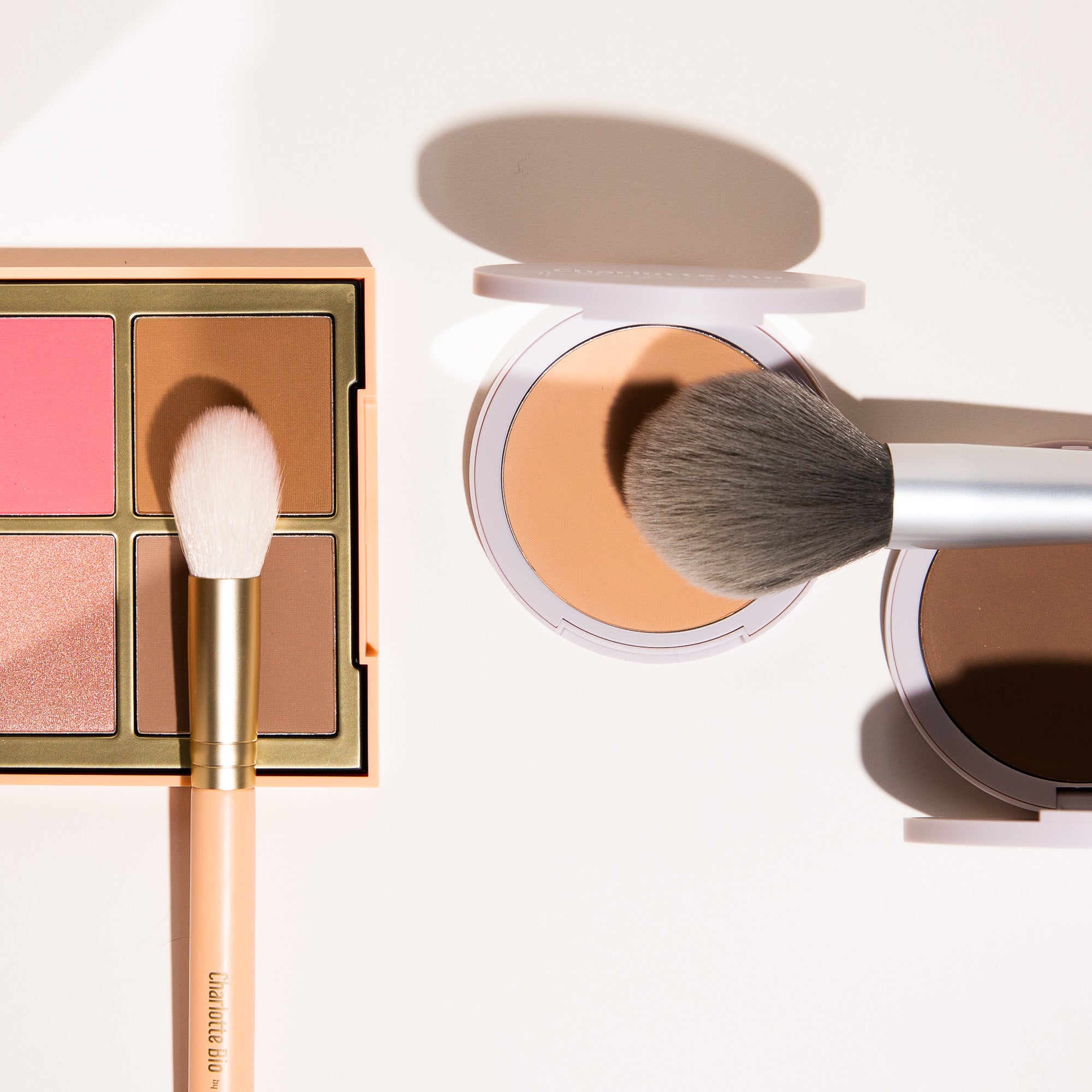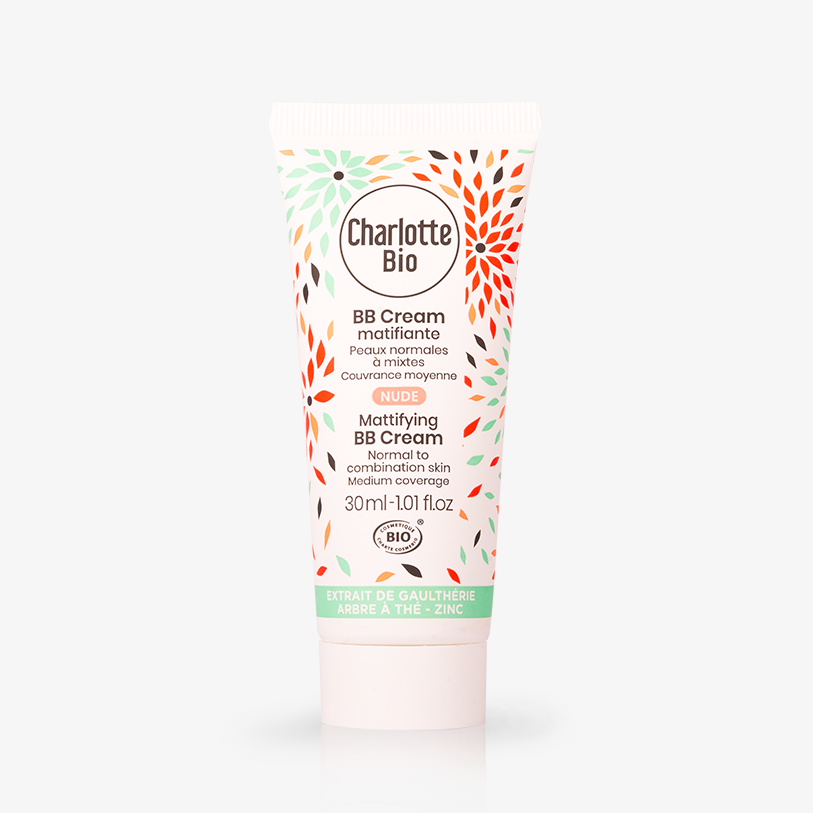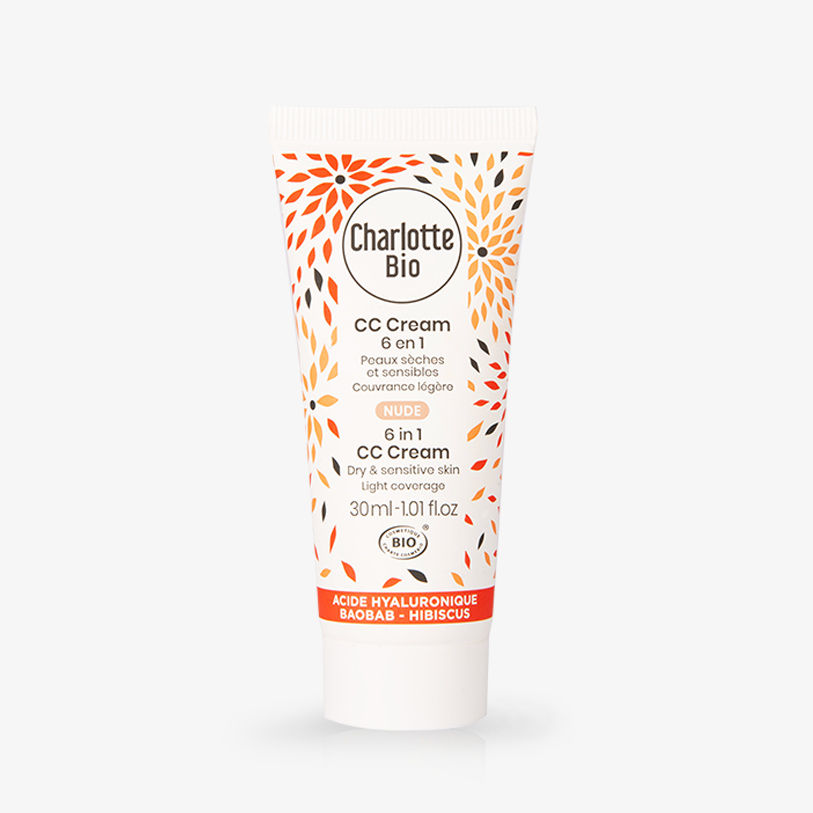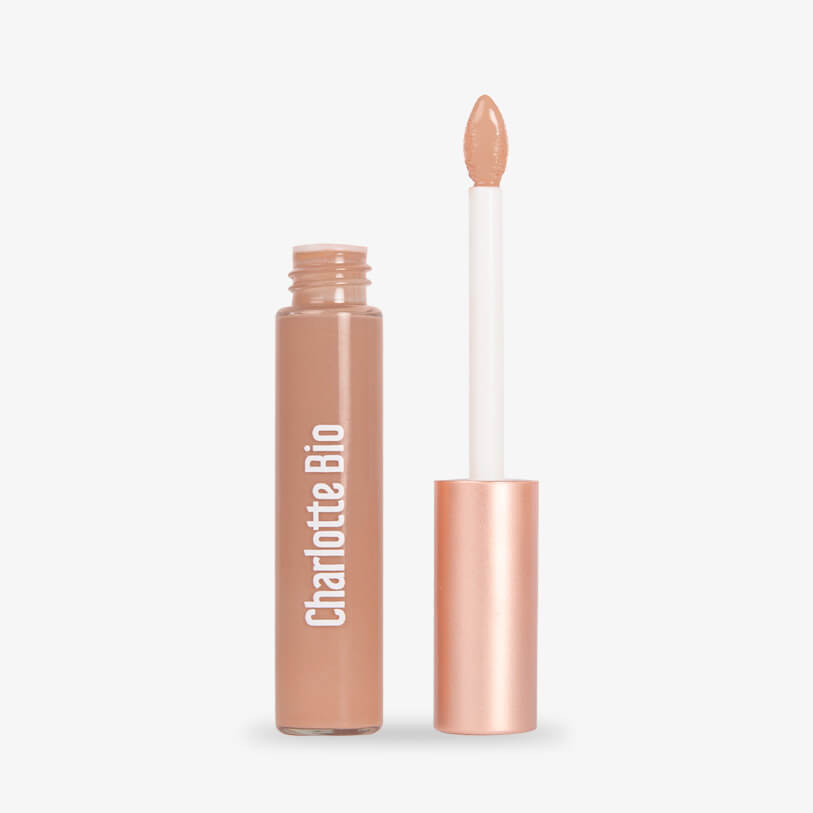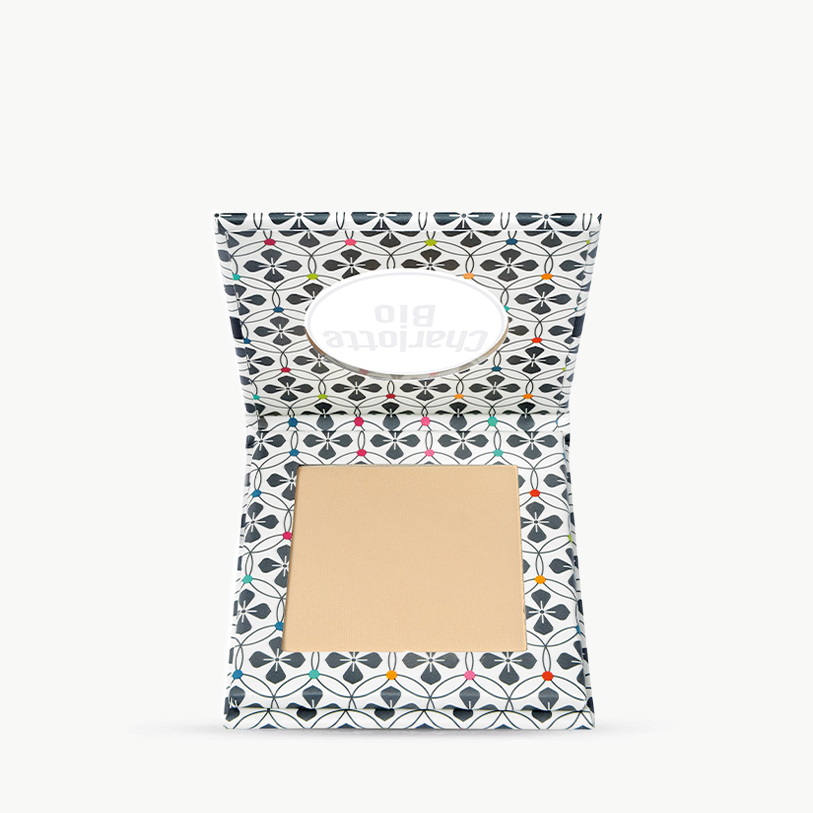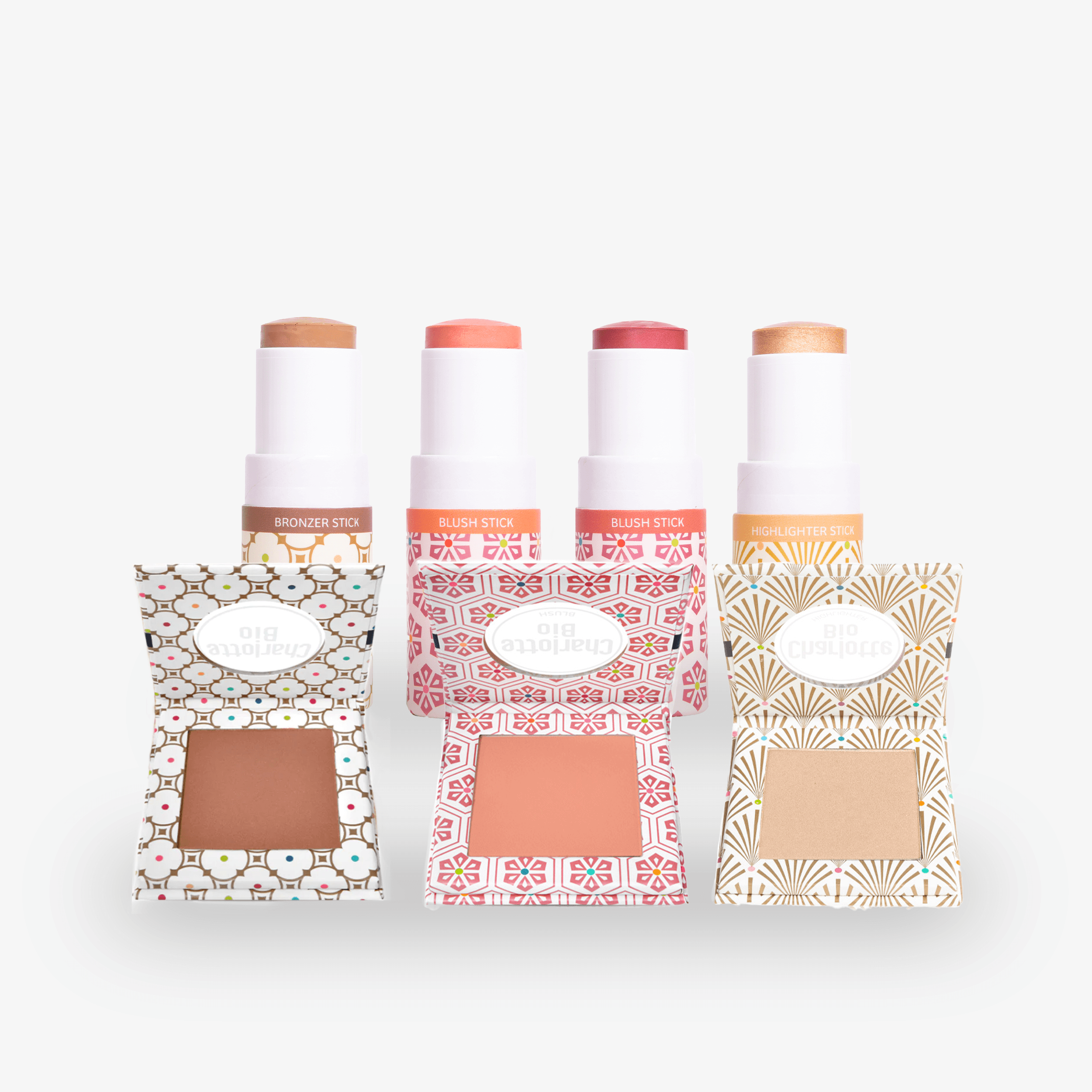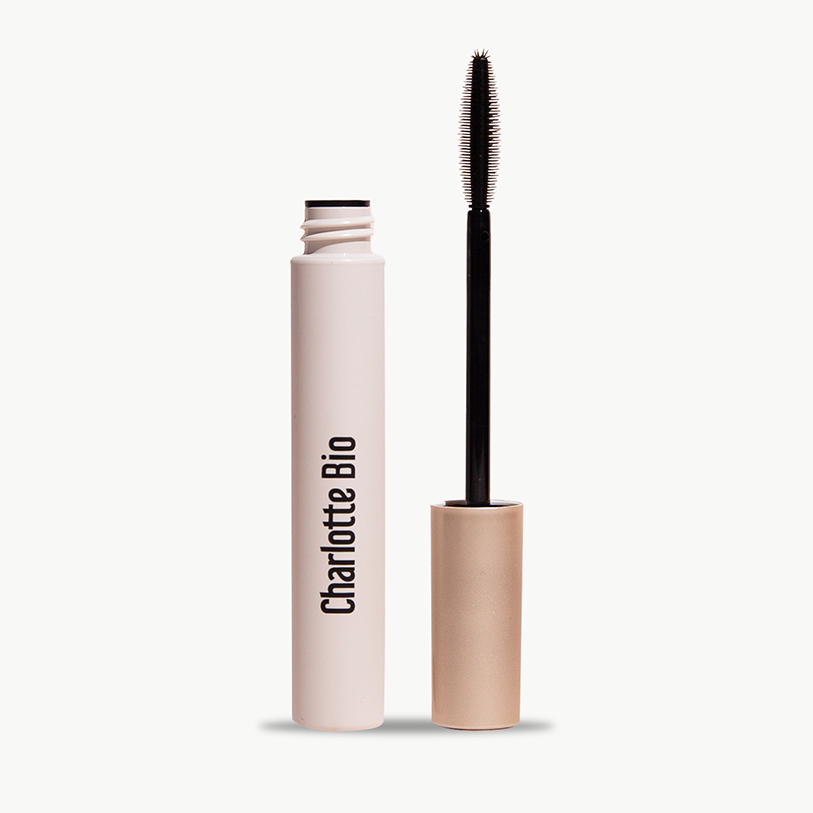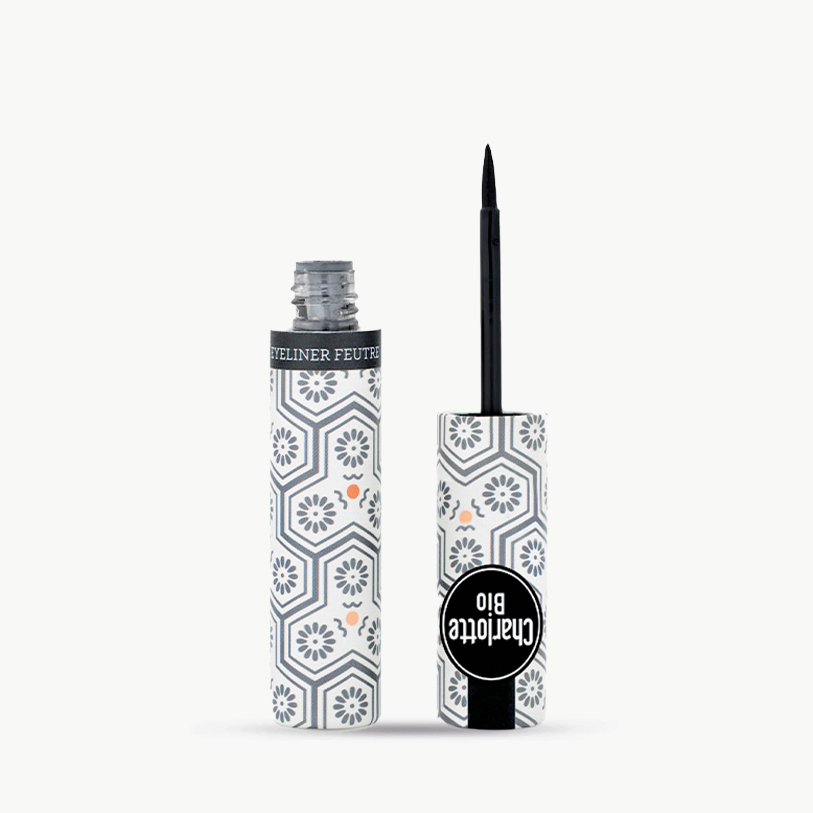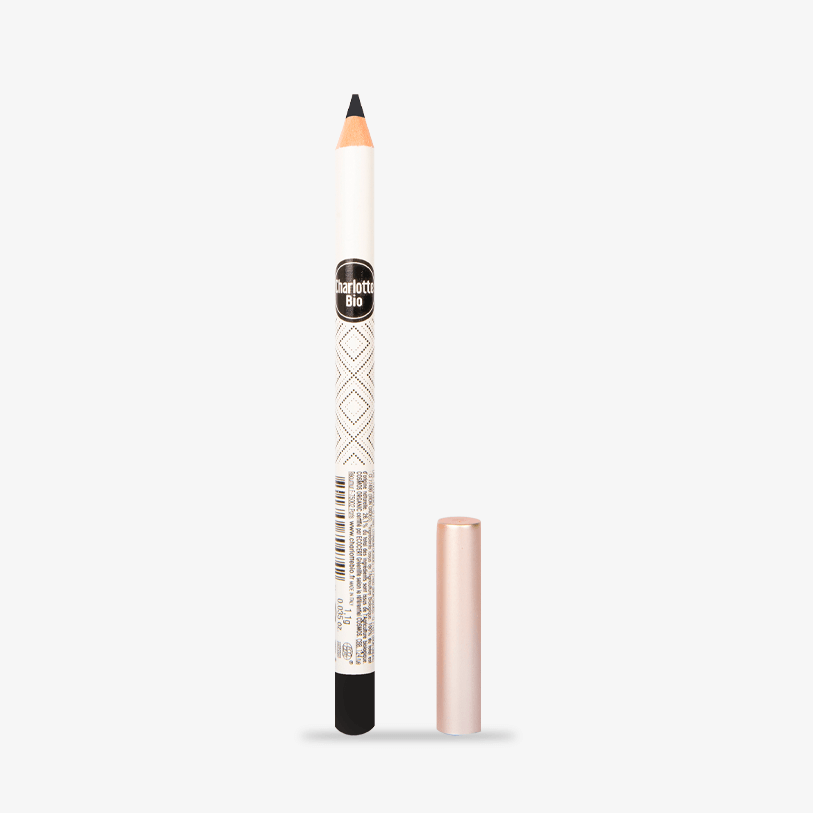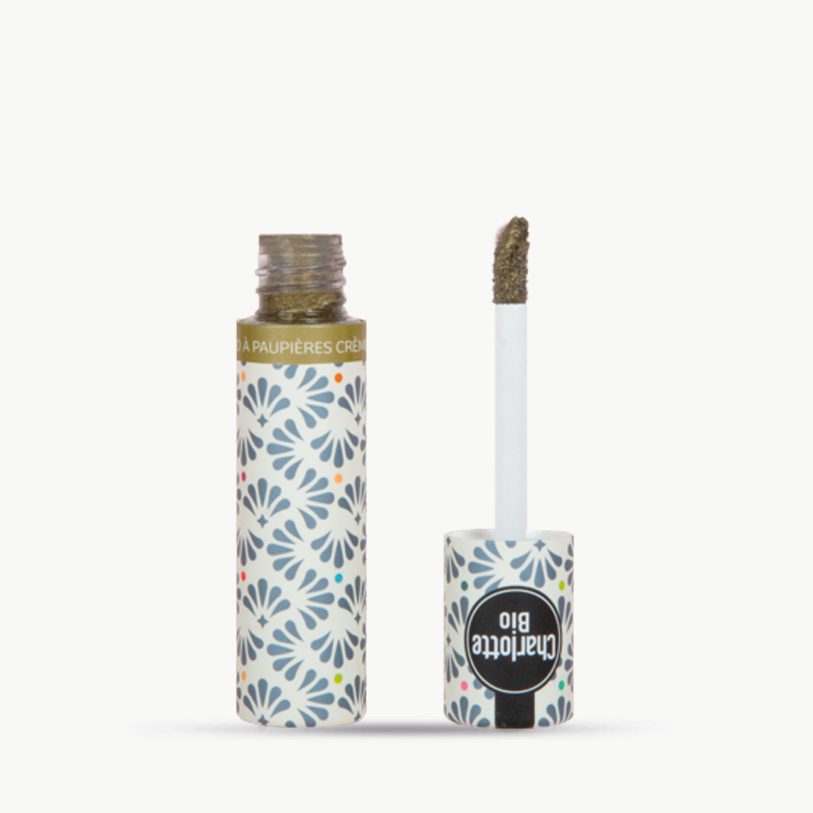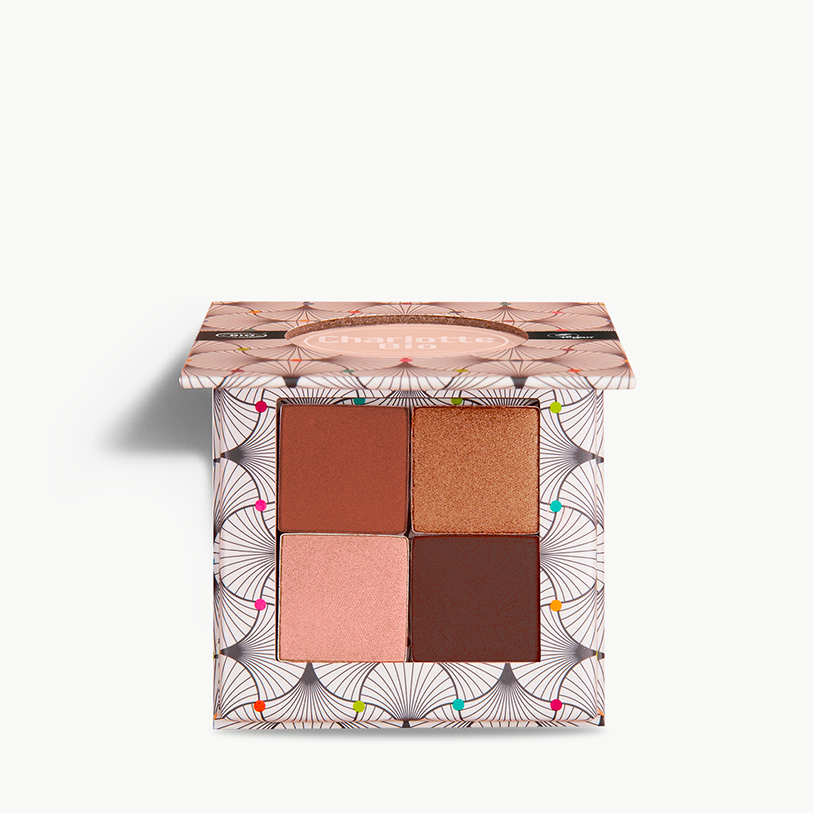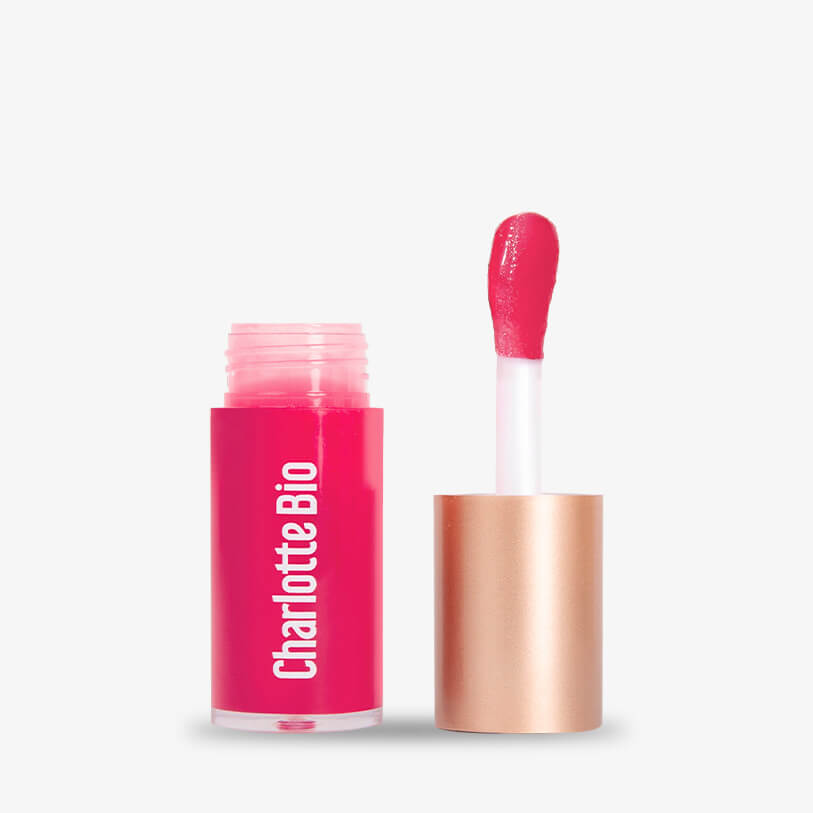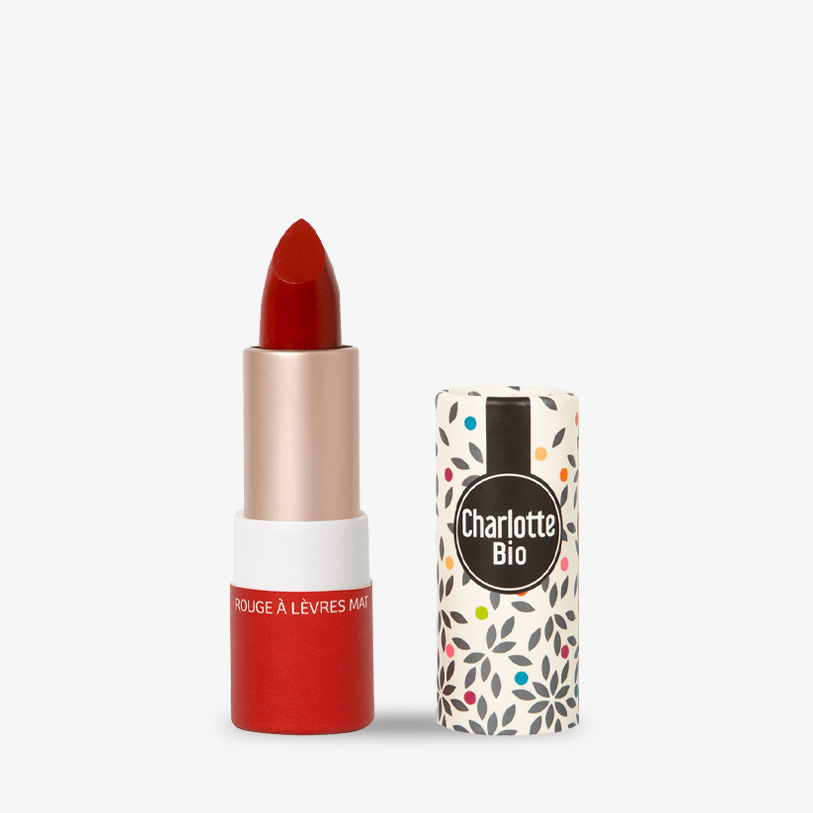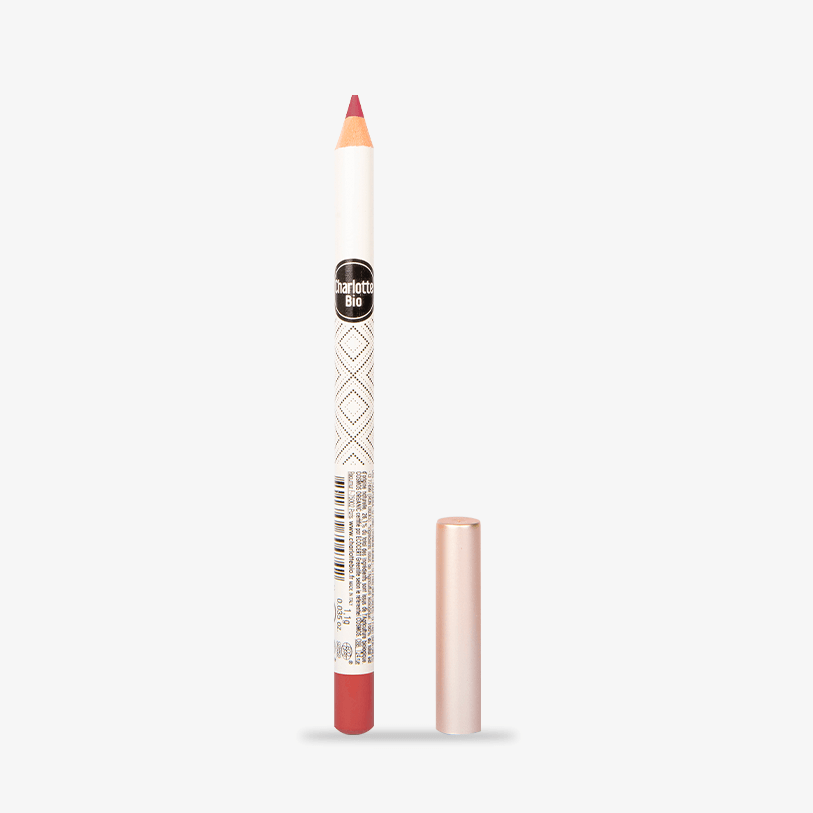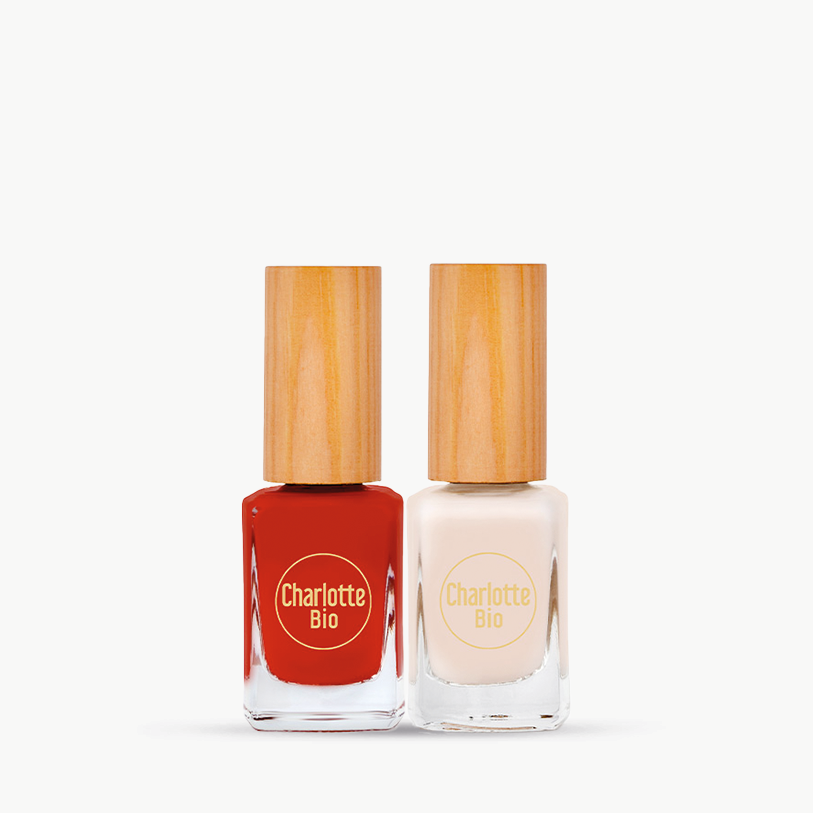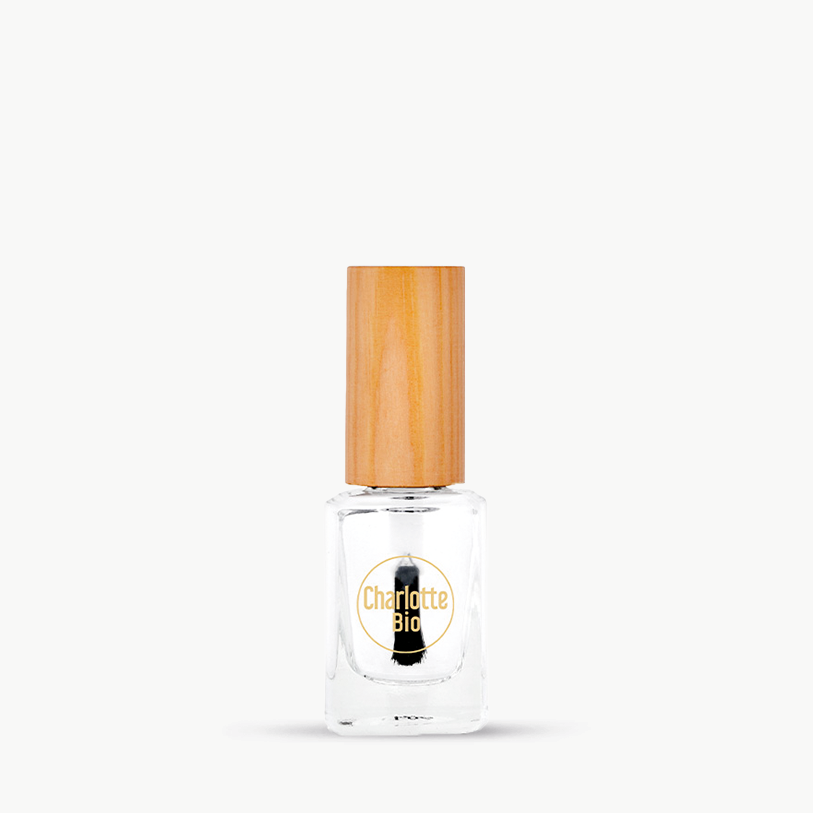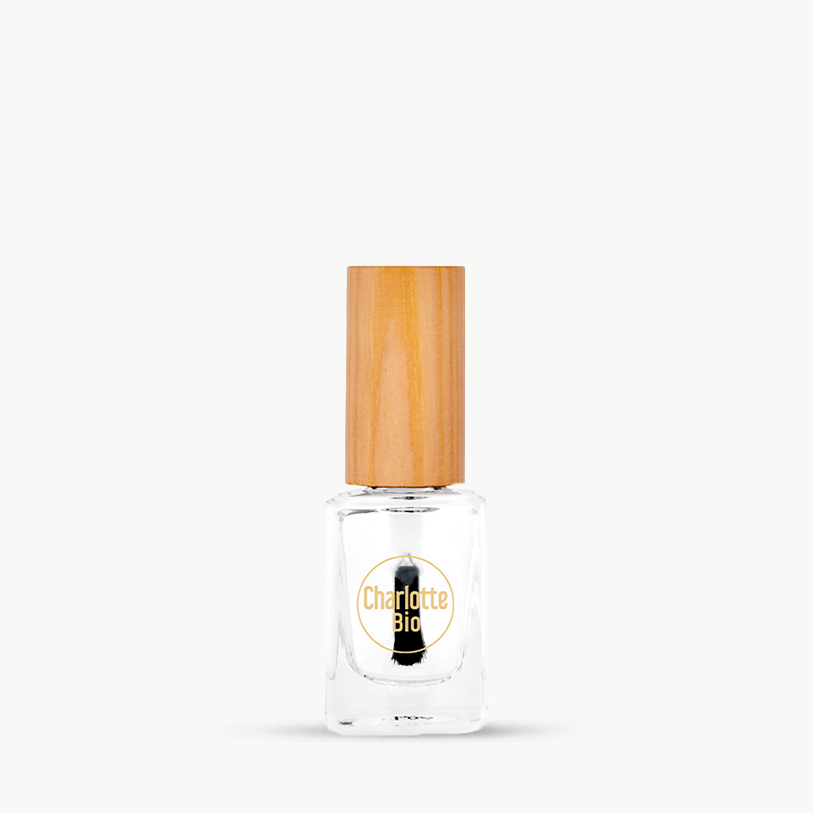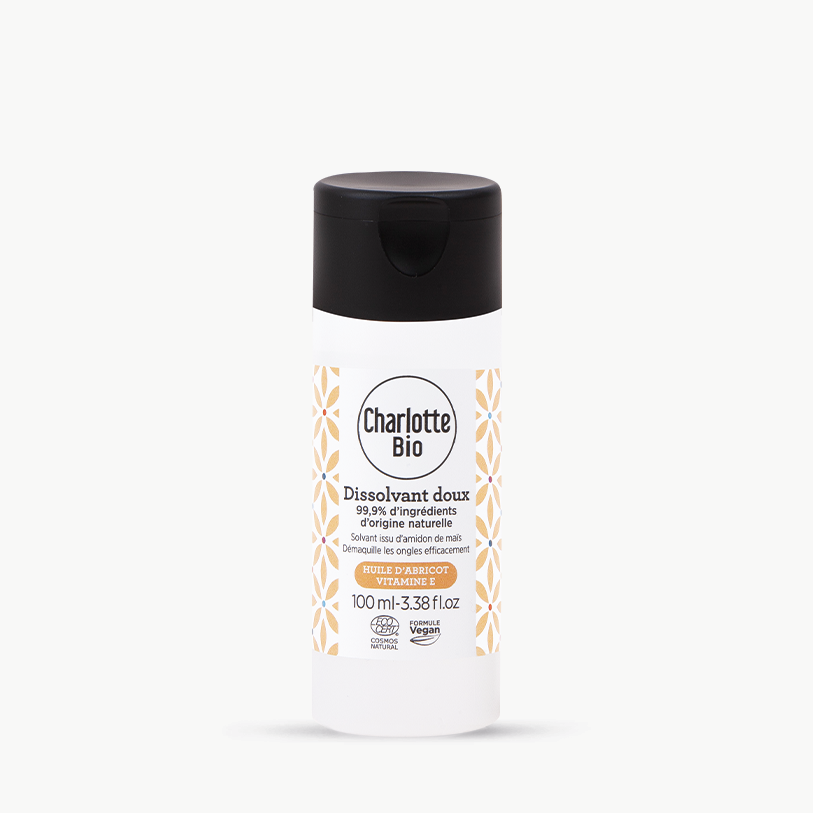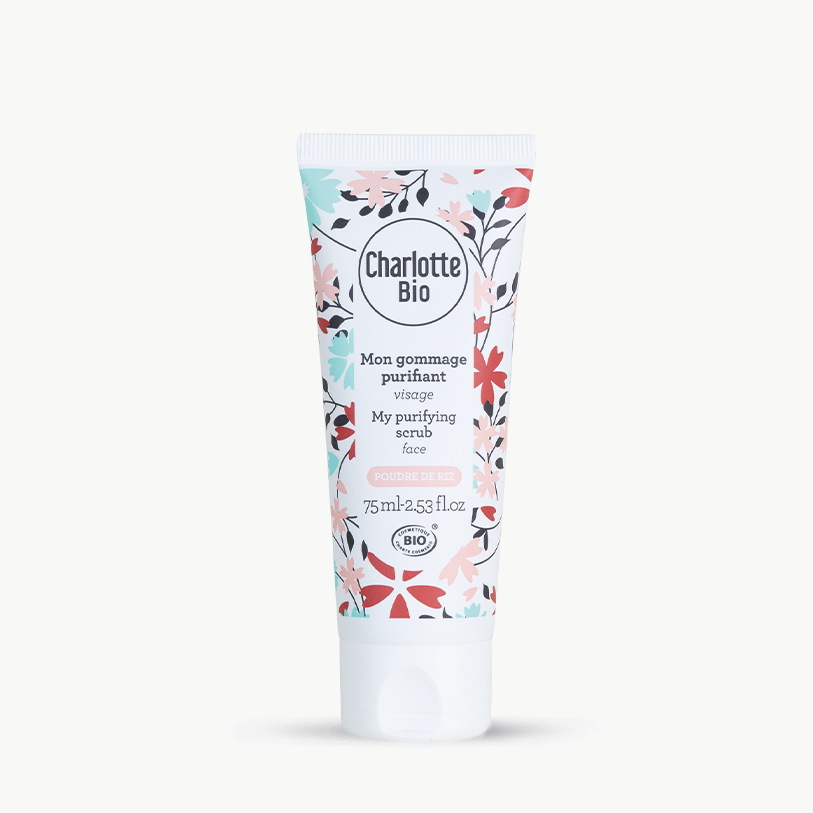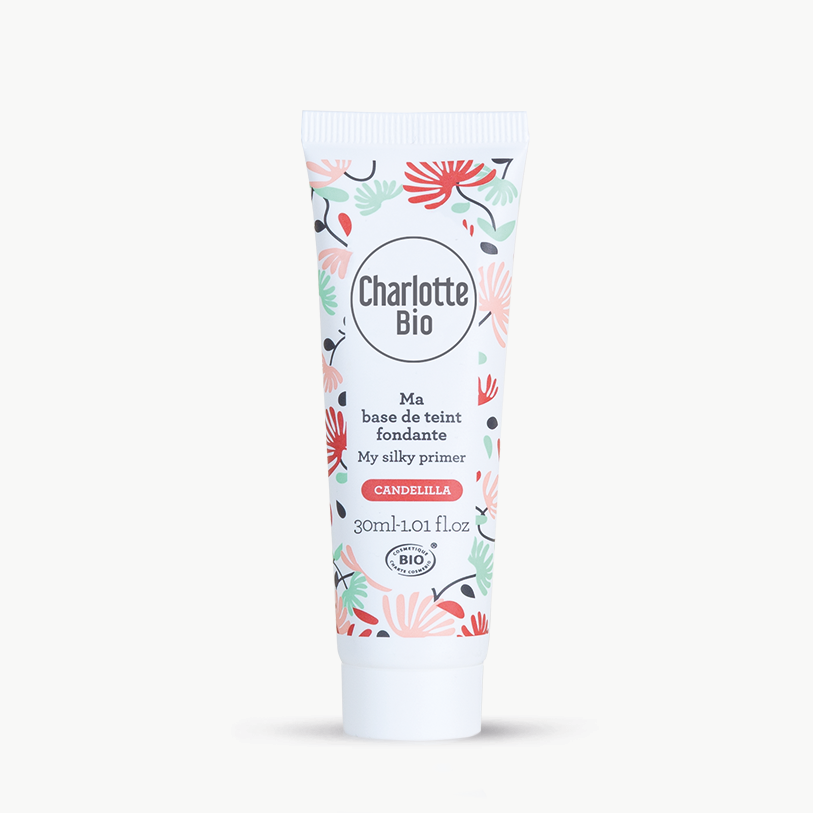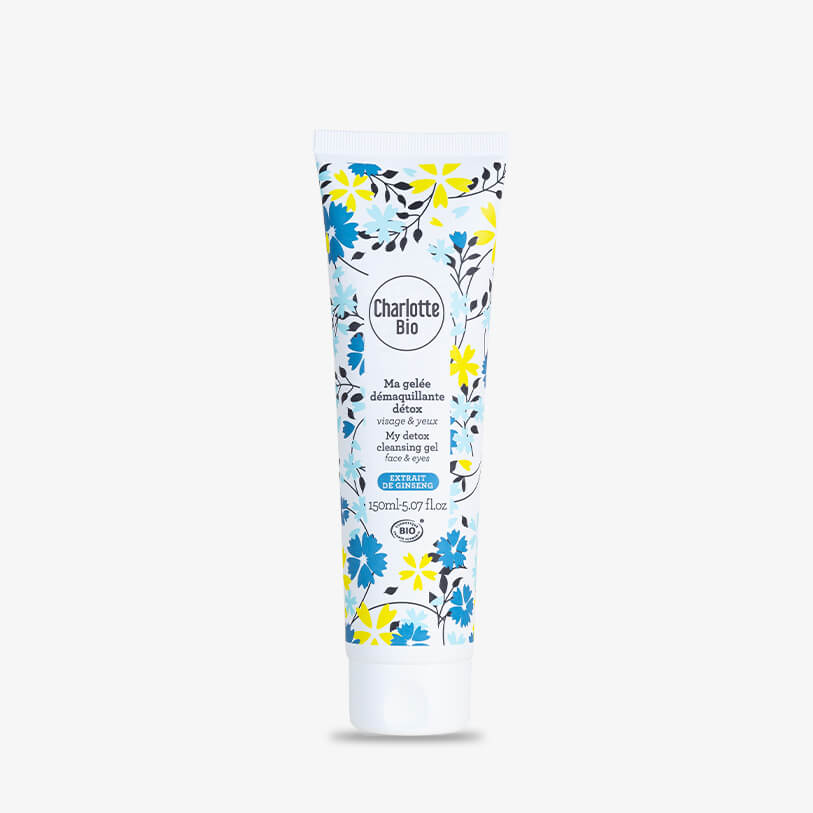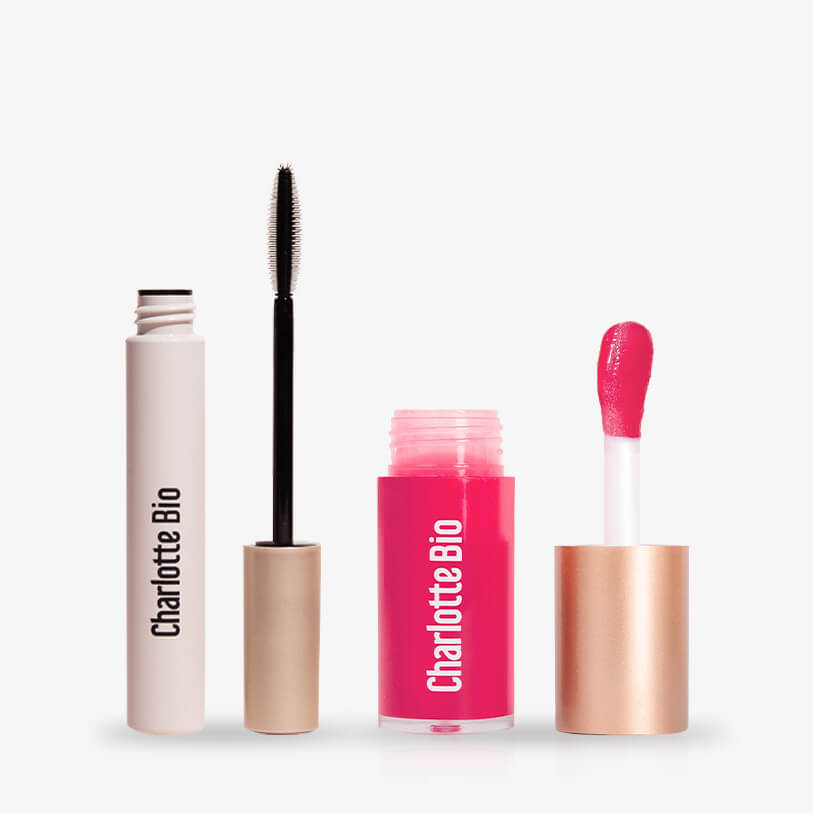FOLLOW OUR EXPERTS' ADVICE What are the different organic cosmetics labels?
After reading this guide, you'll know:




- The advantages of consuming natural, organic, vegan and cruelty free
- What is behind these very popular names
- Recognize which labels to trust
.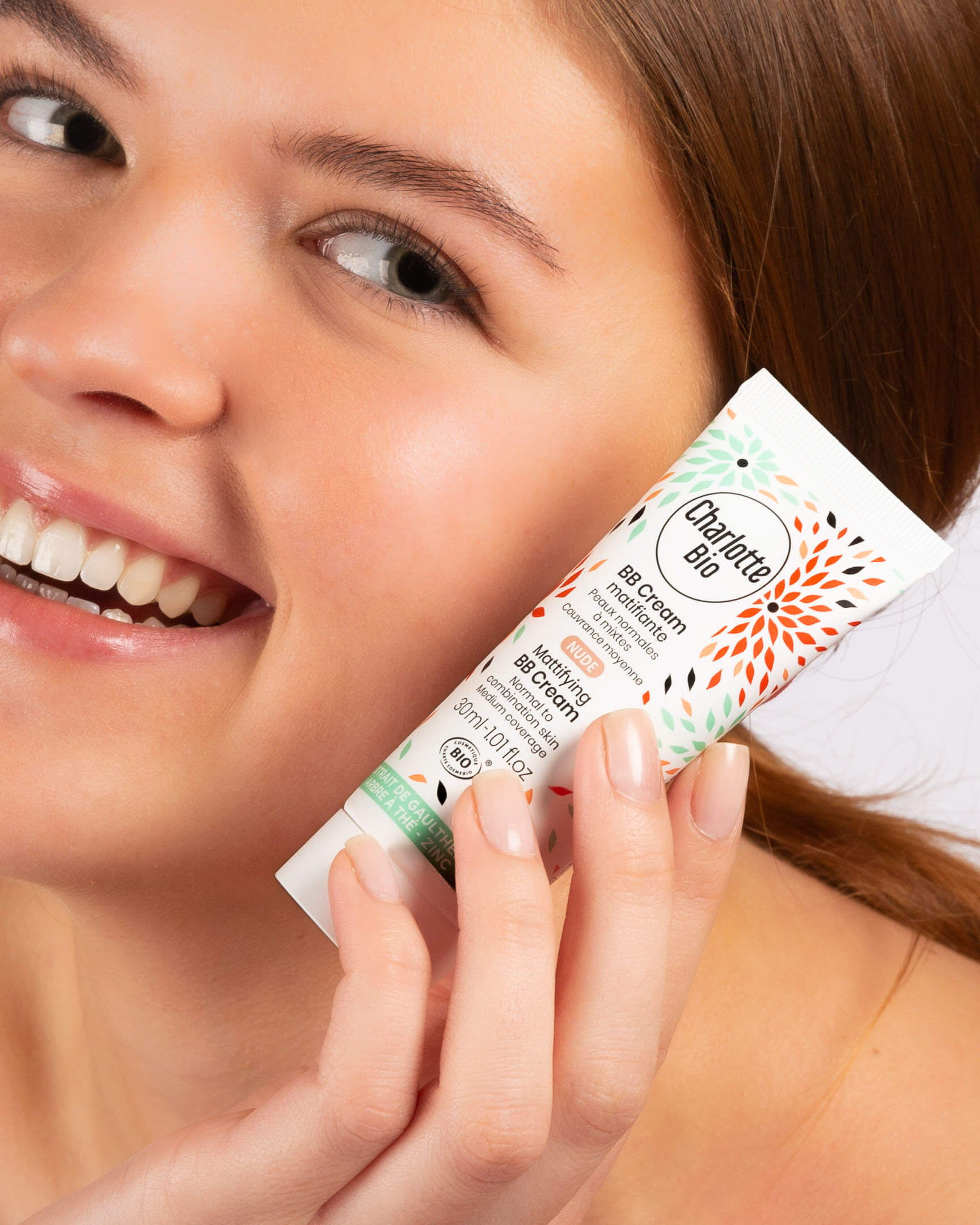
What are the differences between conventional and organic make-up?
The difference between an organic cosmetic and a classic cosmetic lies in its composition. If in the broad lines, they are similar, they do not use the same ingredients. Here are some concrete examples to illustrate their differences:
In the aqueous phase, conventional cosmetics usesimple water, while organic cosmetics will often use hydrolats(floral waters) to add their benefits to the final product.the perfumes of conventional cosmetics are often artificial materials with a vague composition, while organic cosmetics will use natural perfuming materials (essential oils or other). In traditional cosmetics, the usable ingredients are framed by the European regulation n°1223/2009 (which tolerates ingredients disliked by consumers), while organic cosmetics formulate taking into account the black list of labels.
Organic VS conventional substitutes
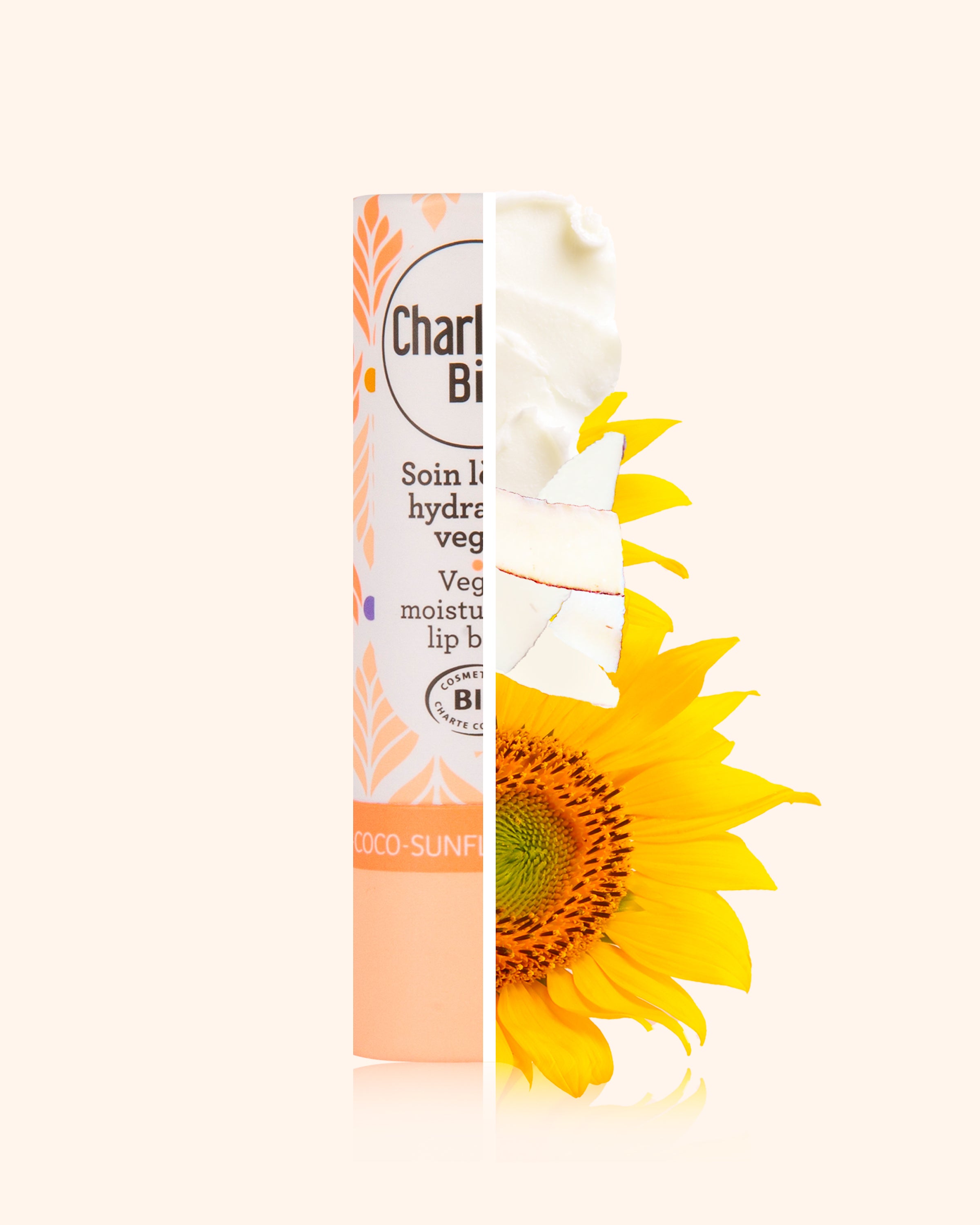
What is organic and and natural makeup?
Let's go for the deciphering!
An organic cosmetic product is made from natural ingredients fromorganic farming. It allows you to apply makeup gently, without damaging your skin or the planet. Contrary to popular belief, choosing organic cosmetics does not require a great deal of knowledge in this field. Also, you can go step by step, nobody forces you to adopt a 100% green and organic routine. Favoring organic cosmetics is the assurance of applying healthy and respectful formulas on your face, a sensitive part of the body, particularly prone to aggressions.
The promise of organic makeup is to offer makeup that is just as effective as conventional makeup thanks to ingredients found in nature: minerals, dried flowers, floral waters..., all while limiting their transformation and using gentle processes during manufacture.
Applying conventional petrochemical makeup to your skin on a daily basis can cause both short and long term damage : do you tend to have oily skin, blackheads and blemishes? Does your skin react badly when you apply your cosmetics? This is surely a sign that the products you are using do not suit you. Drying products, aggressive, harmful agents, irritants and obstructive... all this is banned from organic cosmetics that uses natural ingredients to offer quality products, tailored to your needs for a beautiful skin, long. What to feel good and beautiful thanks to natural ingredients.
How to recognize an organic cosmetic formula?
An organic cosmetic product must respect many standards, especially in terms of formulation. You want to buy organic makeup but are lost among the many offers on the market? Don't be fooled by the greenwashing trend. Greenwashing is a process that consists in putting forward ecological arguments to create an eco-responsible image when the reality of the facts does not correspond sufficiently to reality.
Moreover, today, the offer of so-called "organic" products is very large, and it is difficult to find the products that really correspond to us. You want to see more clearly?
It's simple: to ensure that a product is "certified organic", you must rely on the two main independent certifications and labels recognized for their quality.
In order to guarantee you a total transparency, independent organizations deliver the organic certifications. The two organizations recognized in France for years are Ecocert and Cosmebio. They are a guarantee of reliability, traceability and quality of ingredients and processes used.
Organic labels
COSMEBIO
🍃 Cosmebio is a label based on demanding specifications, an additional technical and ethical guarantee. Each year, a control by an independent certifier takes place to verify the compliance of products. This makes it possible to check that a Cosmos Organic certified product also complies with a charter of ethical values. To be considered as a real organic cosmetic, a product must respect numerous conditions on ingredients, packaging, social commitments and responsible communication.
Cosmos Organic Cosmebio certification ensures that :
- On the total of the product, limitation of the petrochemical origin (list of authorized ingredients with maximum dosage), what returns in fine to approximately 95% minimum of ingredients of natural origin
- Minimum 95% of the ingredients in the formula are natural
- 95% minimum of organic ingredients out of all ingredients that can be organic (such as plants, beeswax, milk...)
- 20% minimum of organic ingredients in the total product (10% for rinse-off products and minerals - water and minerals are considered non-organic because they are not cultivated)
ECOCERT
Ecocert is a totally independent organization that delivers the organic certification called COSMOS ORGANIC. The Ecocert brand is the reference in terms of organic and ecological labeling, recognized by consumers . It is intended for producers of raw materials, manufacturers of cosmetic products, brands or any actor in the "cosmetics" industry. It ensures a formulation based on natural and organic ingredients. A beauty product is certified COSMOS ORGANIC by Ecocert only if :
- At least 95% of the plants it contains are organic
- A minimum of 20% organic ingredients are present in the formula in total (10% for rinse-off products).
This certification brings many additional guarantees concerning the production process and the sourcing of the ingredients used:
- Production and transformation processes that respect the environment and human health
- The development of the green chemistry concept
- Responsible use of natural resources
- Respect for biodiversity
- The absence of petrochemical ingredients (except authorized preservatives): parabens, phenoxyethanol, perfumes and synthetic dyes and the absence of GMOs
- Recyclable packaging
Why only 20% of organic ingredients guaranteed?
In the composition of cosmetic products, we often find many minerals and water. Naturally very present in living products. Water can represent 50 to 80% of a day cream, and up to 90% for a shampoo. Only, water and minerals are not cultivated, they are directly taken from nature, so they can not be certified organic! :)
Therefore, the more minerals and water a cosmetic product contains, the lower the proportion of organic ingredients in the overall product.
➡️ With the Cosmos Organic label, the percentage of certified organic ingredients is set at a minimum of 20% of the overall product. This label guarantees transparency on the whole formula and 95% of organic ingredients on the cultivable part.
